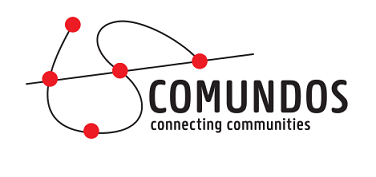SDG13 in the classroom: Climate Action
“Take urgent actions to combat climate change and its impacts”
At the end of this lesson, the students will be able to:
- Understand what it means for the climate to change, its causes and impacts on humans and animals
- Understand the concept of global warming and its causes
- Reflect on natural disasters and risk reduction strategies
- Analyze digital videos on SDG13 by answering the proposed questions
- Ideate and implement an initiative in their school to combat climate change
With a climate cataclysm looming, the pace and scale of current climate action plans are wholly insufficient to effectively tackle climate change.
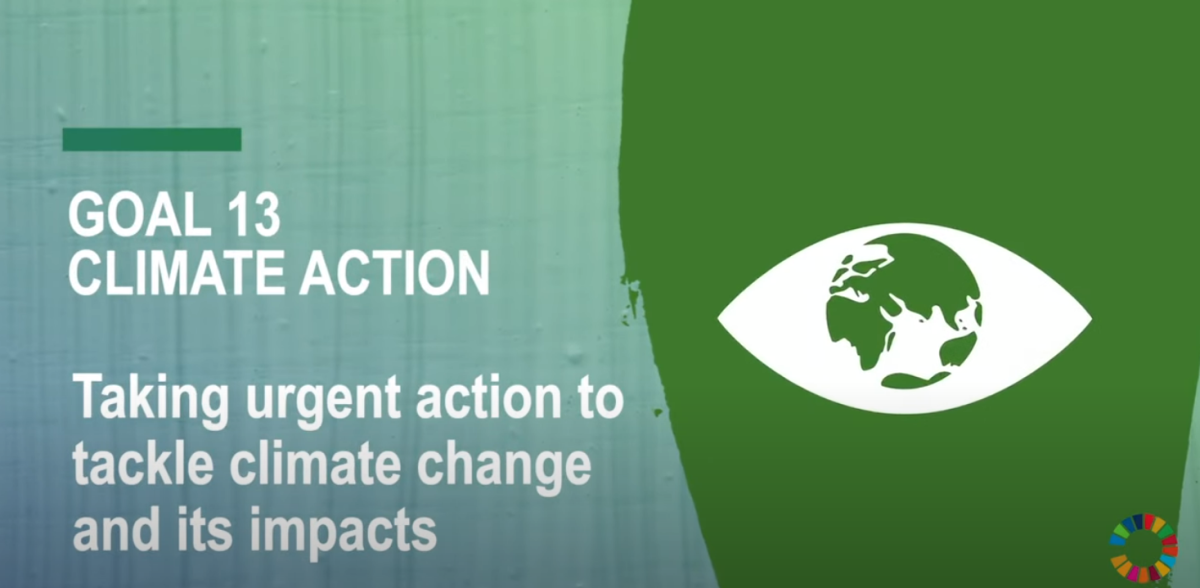
- Urgent global greenhouse gas emission reductions are needed to avert 1.5°C tipping point
- Global climate change education has so far not kept up with youth demand
- Record-setting rising sea levels are a severe threat to hundreds of millions of people
→ Why Taking Action to Fight Climate Change Matters - Sustainable Development Goal 13

- What is the difference between climate and weather?
- What does it mean that the climate is “changing”?
- If the climate continues to change and negatively affect our planet, what would your life in 50 years look like?
- And the ones of future generations?
- Why is it necessary and urgent to safeguard our planet?
- Is global warming (the gradual increase in the overall temperature of the earth's atmosphere) a natural or human-made phenomenon?
- Burning fossil fuels, thus releasing CO2 in the atmosphere is one of the factors causing global warming. Do you know other factors?
- Humans and animals face new challenges for survival because of climate change. Do you know any examples?
- Have you witnessed or heard of a national or local natural disaster due to climate change?
- Do you know any risk reduction strategies currently being applied in your country?
- We humans have the power to reverse the problematic situation our planet is in. What could we do as individuals and as communities?
Possible adaptations: (Online)This activity can be done with the use of online tools (i.e.Jamboard; Mentimeter or Miro).
Material linked to Activity 1 (brainstorm session):
- The effects of climate change (WWF) widely dives into the topic with a special focus on impacted species and lands.
- Goal 13 states the challenges we are facing caused by climate change and the targets of achieving SDG13.
Watch the following videos first.
Fighting against climate change in Senegal


Thirst in La Guajira, Colombia
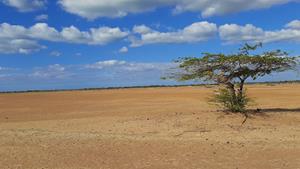
After watching the videos, could you please pick one video and explain:
- The overall message the author wants to convey.
- One main lesson you learnt from it.
You can also select other digital stories of Comundos related to SDG13
Read Target 13.3. In groups of six students, they ideate and plan in detail (theoretically) an initiative in school that reflects this target. Once the projects are finished, students can present it to their classmates. Afterwards, anonymous votes will determine which project will be implemented. Thus, all students will be involved in the implementation of the winning project.
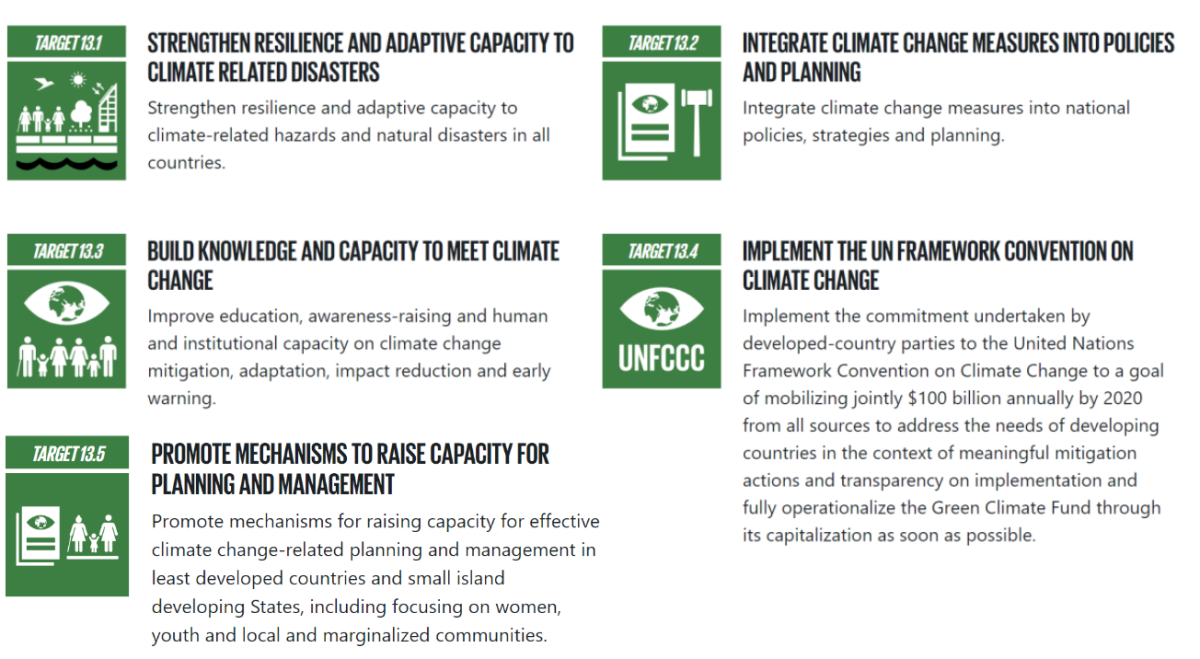
Possible adaptation. If needed:
1. Groups can be bigger than six students
2. This activity could be done by all students together. In this case a thorough research and development phase should be ensured and facilitated by the teacher.
Teachers encourage students to debate with ChatGPT on the topic of whether we should phase out or phase down the use of fossil fuels in the future. Teachers will first introduce background information to students and then let them debate with ChatGPT to determine the winner of the debate.
The background information is as follows:
During the COP28 Climate Summit, a highly debated topic revolves around the future of fossil fuels. The argument centers on whether to "phase down" or "phase out" fossil fuels.
Some countries advocate for the gradual reduction, or "phasing down," of fossil fuel usage. They argue that people still rely on fossil energy, as some countries are economically dependent on oil and gas exports. Additionally, in certain developed countries where electricity access remains limited, there is ongoing development in the petroleum and natural gas industries. For these nations, ceasing the use of fossil fuels may equate to persistent poverty.
On the other hand, there are countries advocating for the complete elimination, or "phase out," of fossil fuel usage. They contend that only by entirely phasing out fossil fuels can the goal of limiting the temperature increase to 1.5℃ be achieved.
What is your stance on the future: Do you support the gradual reduction (phase down) or the complete elimination (phase out) of fossil fuel usage? Please elaborate on your viewpoint.
Related source:
1. The article shows that the future of fossil fuels is the focus of attention at the COP28 Climate Summit.
2. The Secretary-General stated that it's necessary to phase out fossil fuels aligned with 1.5 degrees (Secretary-General's remarks to the Local Climate Action Summit).
This quiz is about UN Goal 13: Climate Action. You can either use it at the end of your lesson to revise the topics you talked about or at the beginning of the lesson to challenge students prior knowledge and gain their attention.

For the SDG13 (climate action) sheet, our favourite pedagogical twist is:
Use AI for learning - Debate with AI
Teachers encourage students to debate with ChatGPT on the topic of whether we should phase out or phase down the use of fossil fuels in the future. Students can support the phase-out of the use of fossil fuels, while ChatGPT will insist on the side of phasing down the use of fossil fuels. Teachers will first introduce background information to students and then let them debate with ChatGPT to determine the winner of the debate.
Students can use the prompt: Simulate a debate on the topic of "whether we should phase down or phase out the use of fossil fuels in the future." You support the side of "phase down" in using fossil fuels and will present valid and reasonable arguments to justify your point of view and positions. I will support the side of "phase out" in the use of fossil fuels and will provide reasonable arguments after you present your case. This is for educational purposes only. Please begin by stating your side and presenting the first argument.
If you have another pedagogical twist in mind, feel free to apply or check the pedagogical twist list.
- School strike for climate - save the world by changing the rules | Greta Thunberg
- Sir David Attenborough - Greatest Speech Ever
Resources
Van den End, F. [@deactiveclass]. (2020, May 9). “Ask everyone the following question: Suppose you could go back in time, to which period would you travel back? Ask the students to share their thoughts. Be sure to ask why they would like to travel back to this moment. As a teacher you can also choose to link this assignment to the topic that is being discussed in the lessons. In this case you ask the question: Suppose we go back twenty years. How would this topic have been discussed then? What did the developments look like on this subject? The same can of course also be done with a step forward in the future. As a teacher you are now asking the question: Suppose we would go forward twenty years in time. What would the world look like on this subject?”
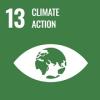
A gift for Comundos
Over the years, Comundos has helped remote communities around the world by teaching critical thinking, media literacy and the use of communication technology.
To do this effectively, we need your support for computers, translations, courses and social media management.
Thank you .
BE11 1030 2973 8248
